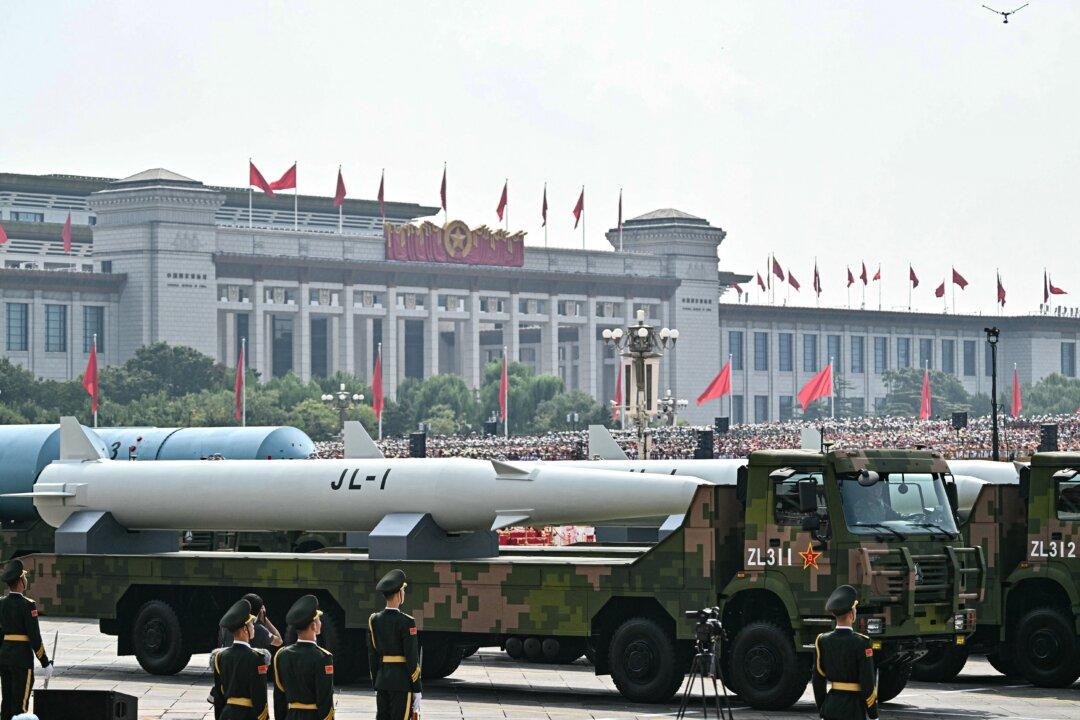The speed at which Shen Yun Performing Arts catapulted to world renown since stepping onto the performing arts scene in 2006 has sparked worldwide interest. Perhaps one of the reasons for its steady success is that the New York-based company is composed of serious artists, the kind who not only see this as a craft, but dedicate their lives to reaching the infinite heights of a form of art, and to sharing it with the world.
For Jisung Kim, a classical Chinese dancer and budding choreographer who has been with Shen Yun since 2013, it all begins with reverence.






